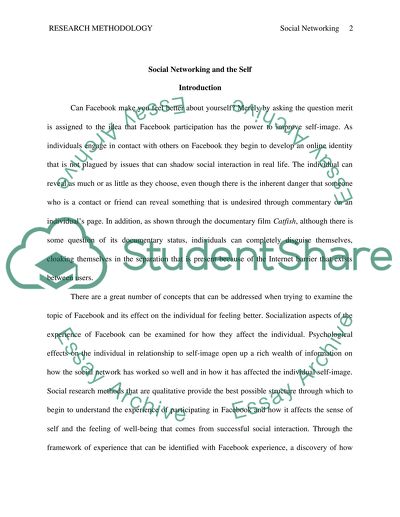Cite this document
(“Social Networking and the Self Essay Example | Topics and Well Written Essays - 1750 words”, n.d.)
Social Networking and the Self Essay Example | Topics and Well Written Essays - 1750 words. Retrieved from https://studentshare.org/psychology/1456077-can-facebook-make-you-feel-better-about-yourself
Social Networking and the Self Essay Example | Topics and Well Written Essays - 1750 words. Retrieved from https://studentshare.org/psychology/1456077-can-facebook-make-you-feel-better-about-yourself
(Social Networking and the Self Essay Example | Topics and Well Written Essays - 1750 Words)
Social Networking and the Self Essay Example | Topics and Well Written Essays - 1750 Words. https://studentshare.org/psychology/1456077-can-facebook-make-you-feel-better-about-yourself.
Social Networking and the Self Essay Example | Topics and Well Written Essays - 1750 Words. https://studentshare.org/psychology/1456077-can-facebook-make-you-feel-better-about-yourself.
“Social Networking and the Self Essay Example | Topics and Well Written Essays - 1750 Words”, n.d. https://studentshare.org/psychology/1456077-can-facebook-make-you-feel-better-about-yourself.


